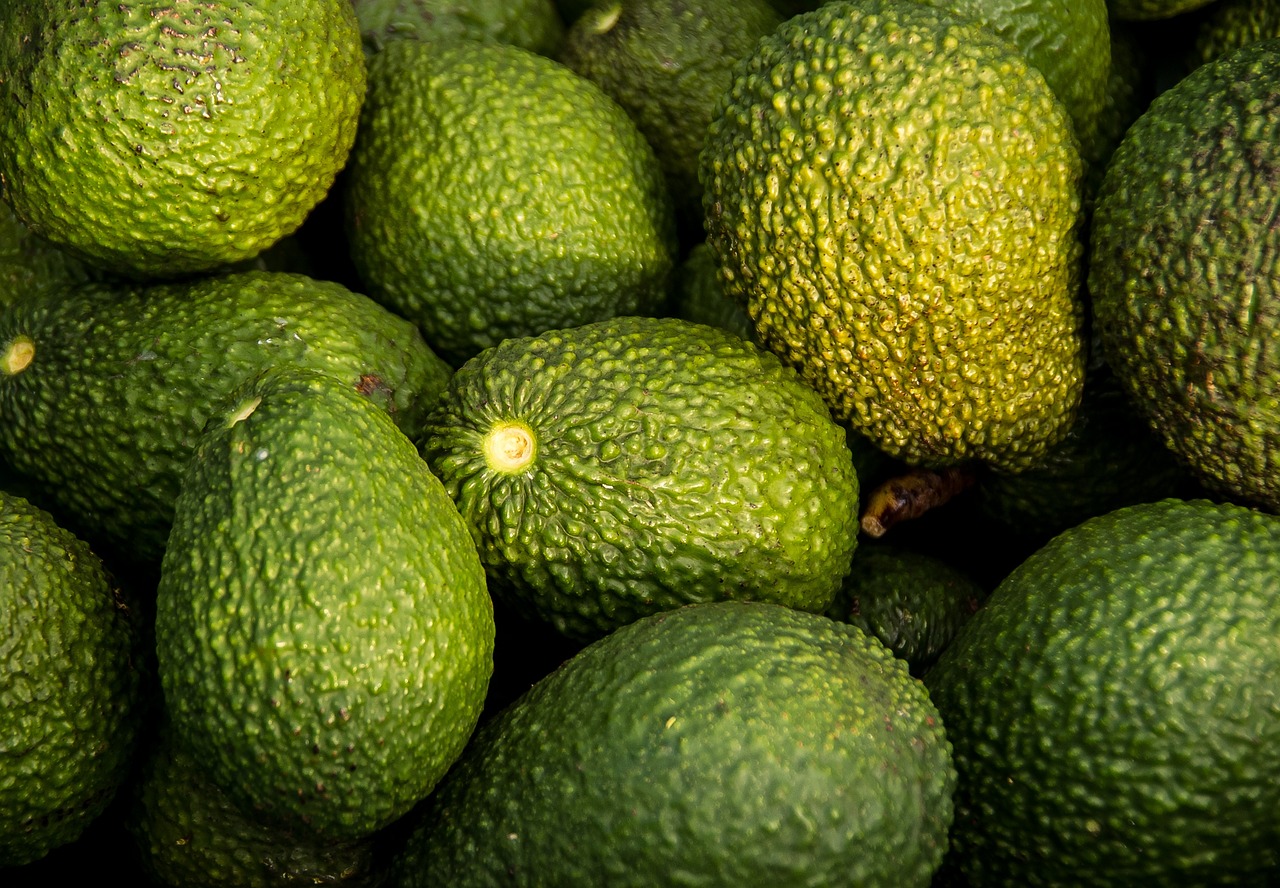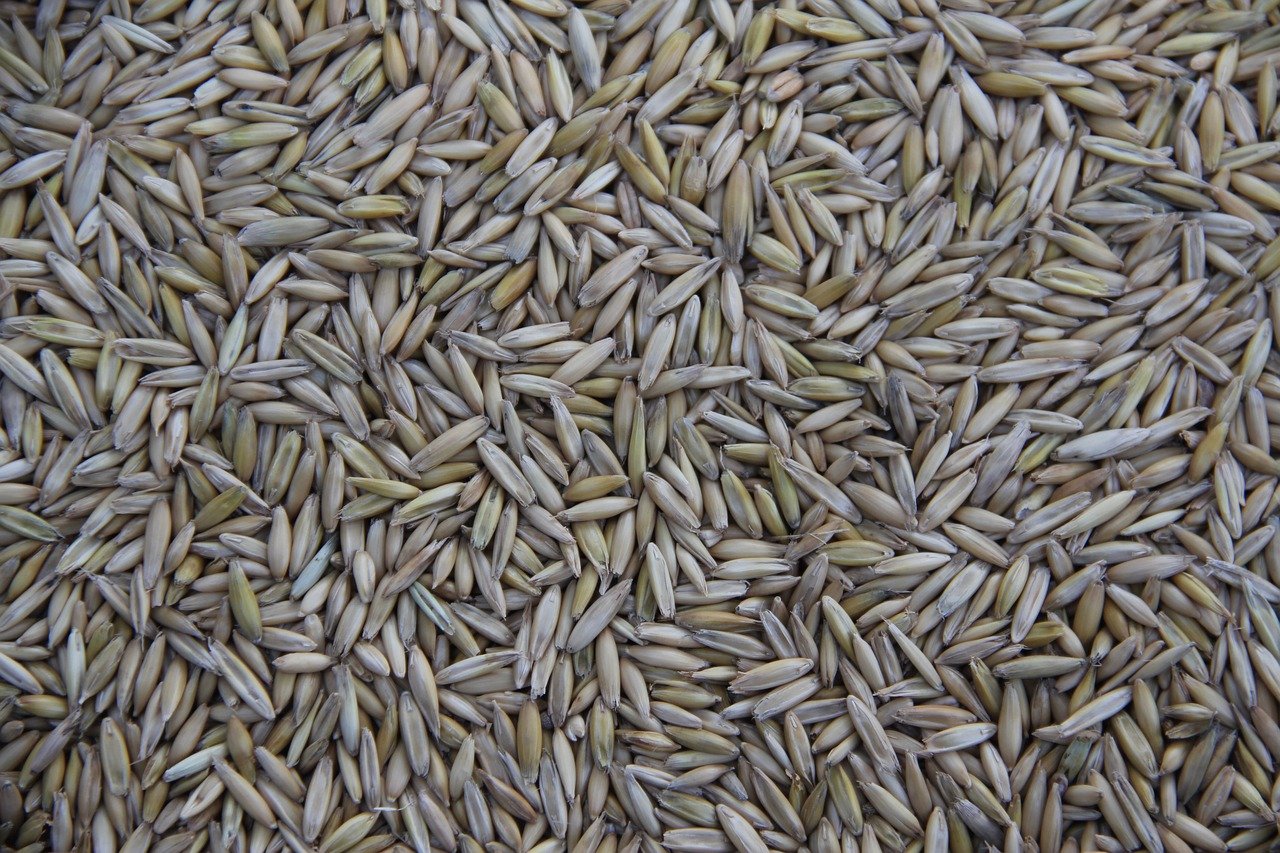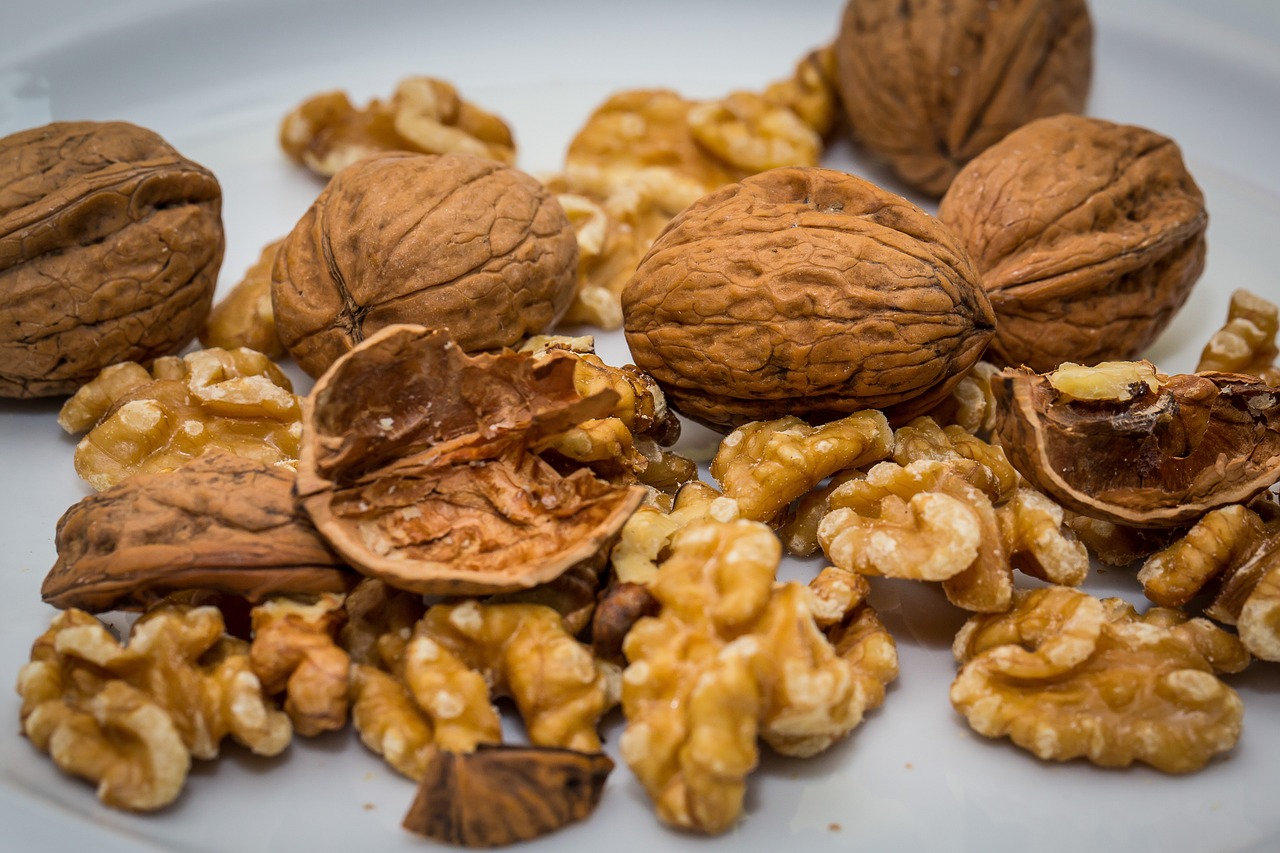Dealing with Premenstrual Syndrome (PMS) can feel like riding an emotional rollercoaster, complete with its own set of physical bumps and turns. From bloating and fatigue to mood swings and cravings, the symptoms vary widely but often disrupt daily life. Fortunately, certain foods can help ease these symptoms, acting as natural remedies to bring some relief during this turbulent time.
1. Salmon
Rich in Omega-3 fatty acids, salmon is a powerhouse when it comes to reducing inflammation and improving mood swings associated with PMS. These healthy fats also aid in combating menstrual cramps. Incorporating salmon into your diet can help regulate hormones and promote overall brain health.
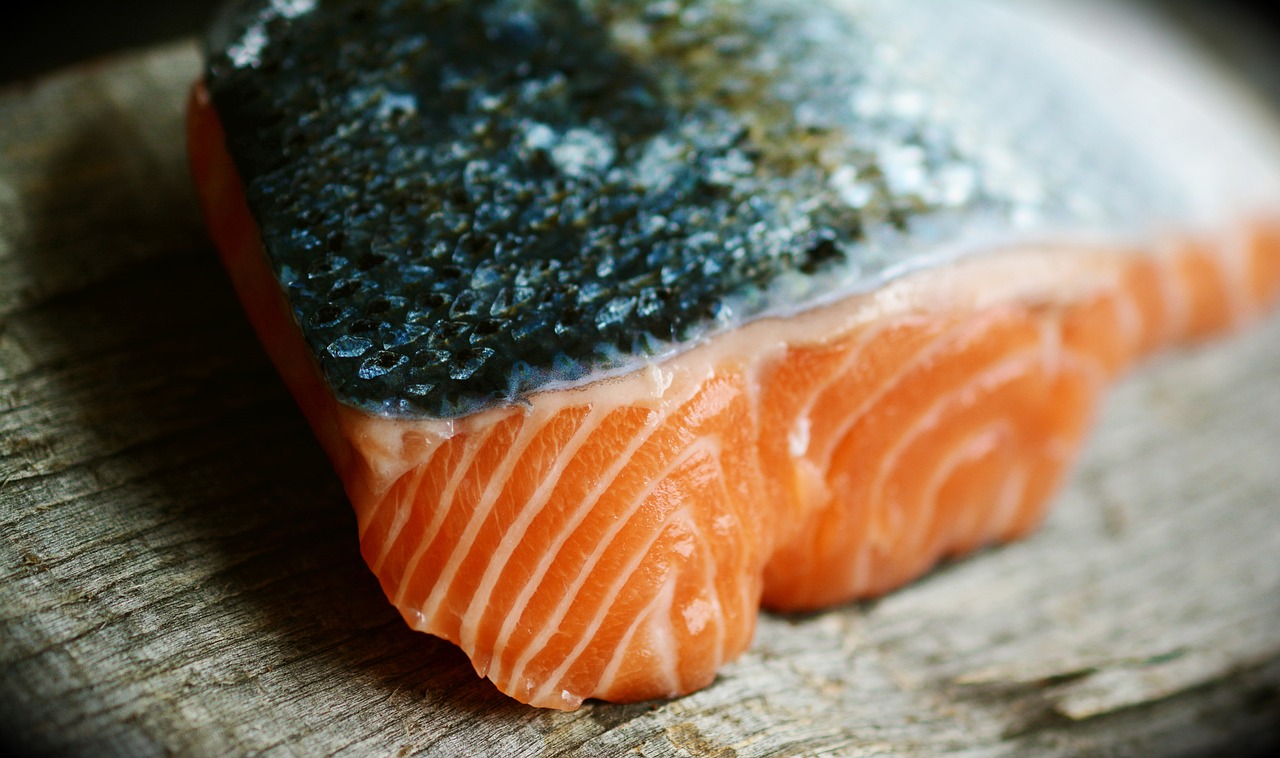 Image by congerdesign from Pixabay
Image by congerdesign from Pixabay
2. Bananas
Bananas are packed with potassium, which helps to manage bloating and water retention. They're also rich in Vitamin B6, a nutrient known to improve mood and reduce symptoms of depression. Eating a banana can provide an energy boost, making it a perfect snack for those sluggish days.
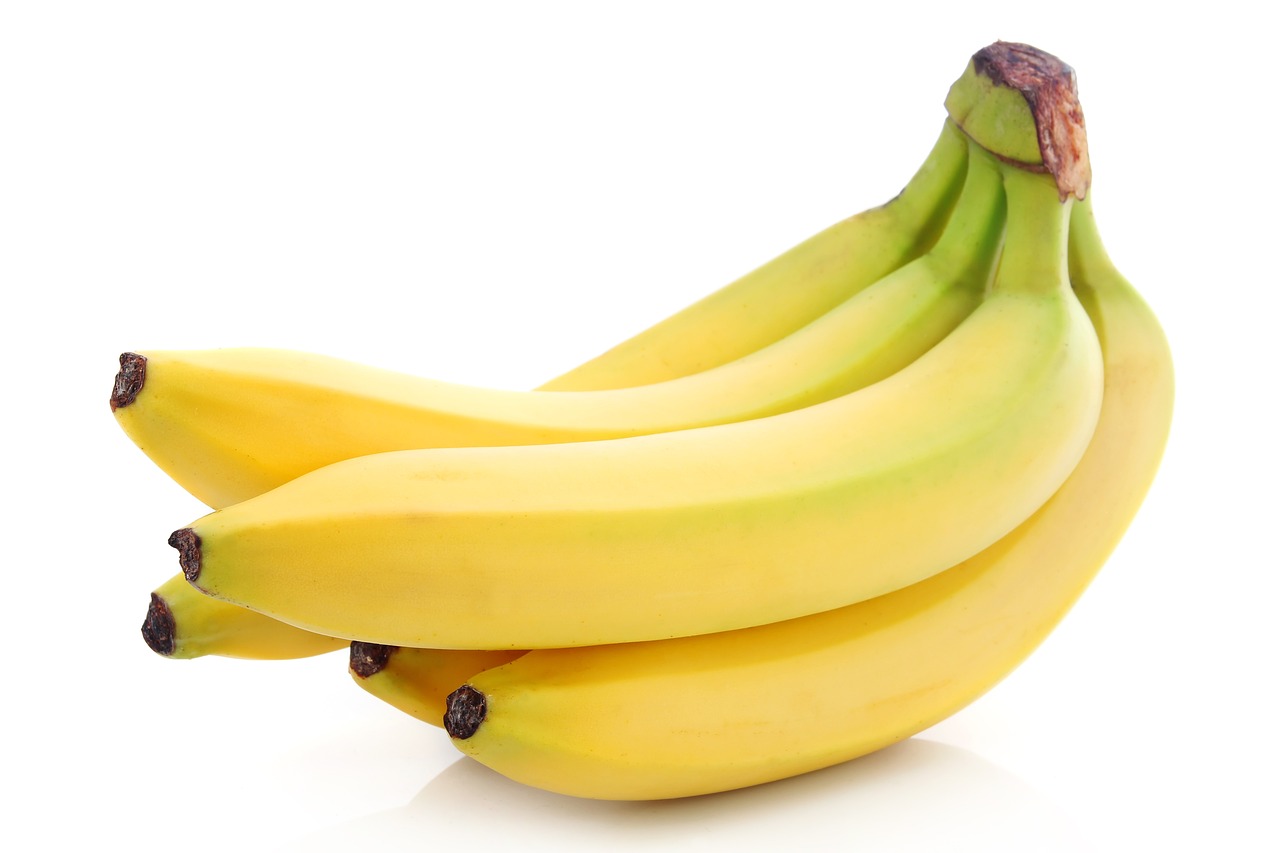 Image by Juan Zelaya from Pixabay
Image by Juan Zelaya from Pixabay
3. Dark Chocolate
Craving chocolate is a common symptom of PMS, and indulging in dark chocolate (in moderation) can actually be beneficial. It's rich in magnesium, which helps to ease cramps and reduce irritability. Dark chocolate also releases endorphins, boosting your mood naturally. Choose varieties with at least 70% cocoa for maximum benefits.
 Image by StockSnap from Pixabay
Image by StockSnap from Pixabay
4. Spinach
Spinach is a magnesium-rich leafy green that plays a key role in muscle relaxation and can help alleviate menstrual cramps. It’s also high in iron, which is important for those who experience heavy periods. Including spinach in your diet can increase energy levels and combat fatigue. Its versatility makes it easy to add to smoothies, salads, or any meal.
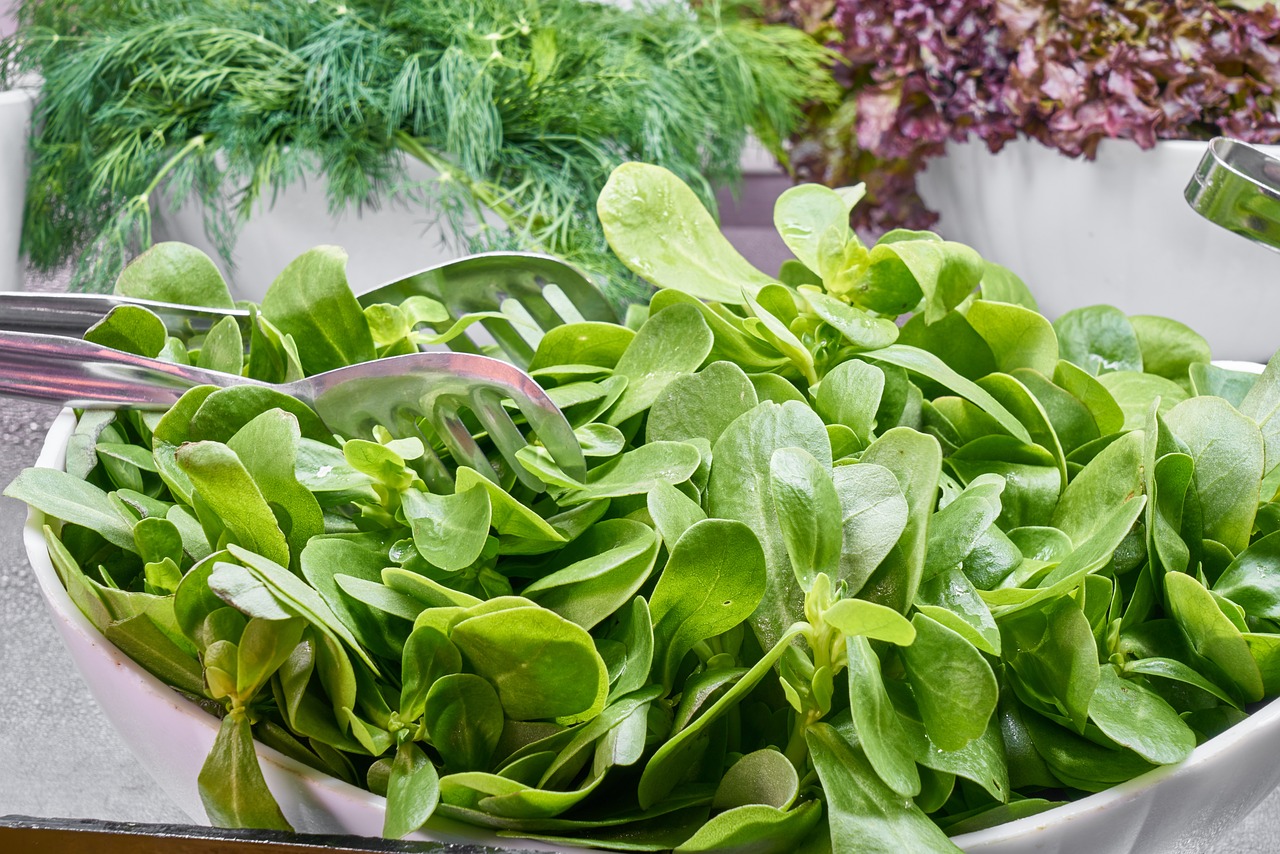 Image by Engin Akyurt from Pixabay
Image by Engin Akyurt from Pixabay
5. Yogurt
Yogurt is an excellent source of calcium and probiotics, both of which are beneficial for PMS symptoms. Calcium helps to reduce bloating and mood swings, while probiotics support digestive health, reducing the feeling of heaviness and bloating. Opt for plain, unsweetened yogurt to avoid added sugars.
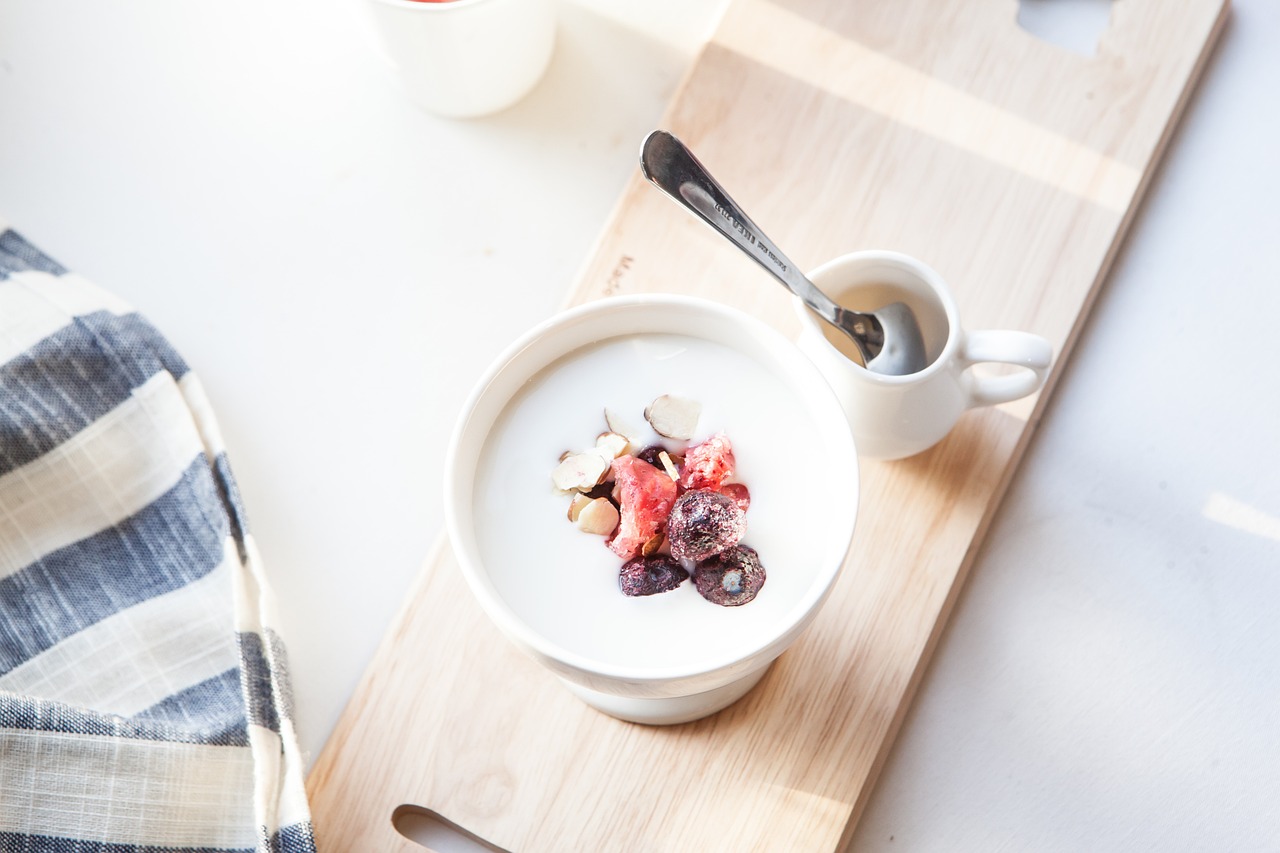 Image by DONGWON LEE from Pixabay
Image by DONGWON LEE from Pixabay
6. Almonds
Almonds are another great source of magnesium and Vitamin E, which can help manage cramps and mood swings. They're also rich in protein, providing a sustained energy boost. Snacking on almonds can help satisfy hunger pangs without the guilt. Their crunchiness can also be a satisfying way to beat stress-eating urges.
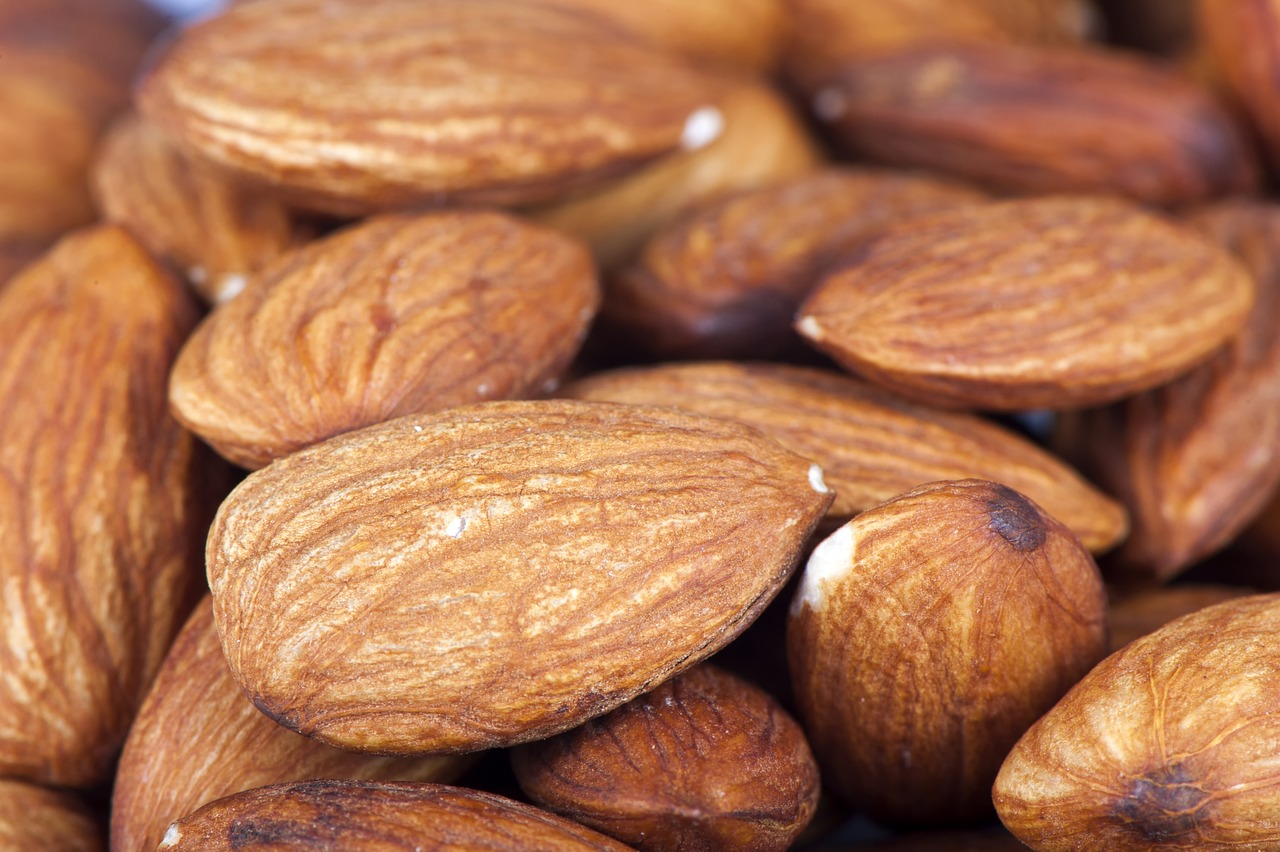 Image by Владимир from Pixabay
Image by Владимир from Pixabay
7. Ginger Tea
Ginger has anti-inflammatory properties that can soothe cramps and help with nausea, a common PMS symptom. Drinking ginger tea can provide a comforting, warming effect. It’s also great for improving digestion. Enjoying a cup of ginger tea can be a calming ritual to reduce stress and ease PMS discomfort.
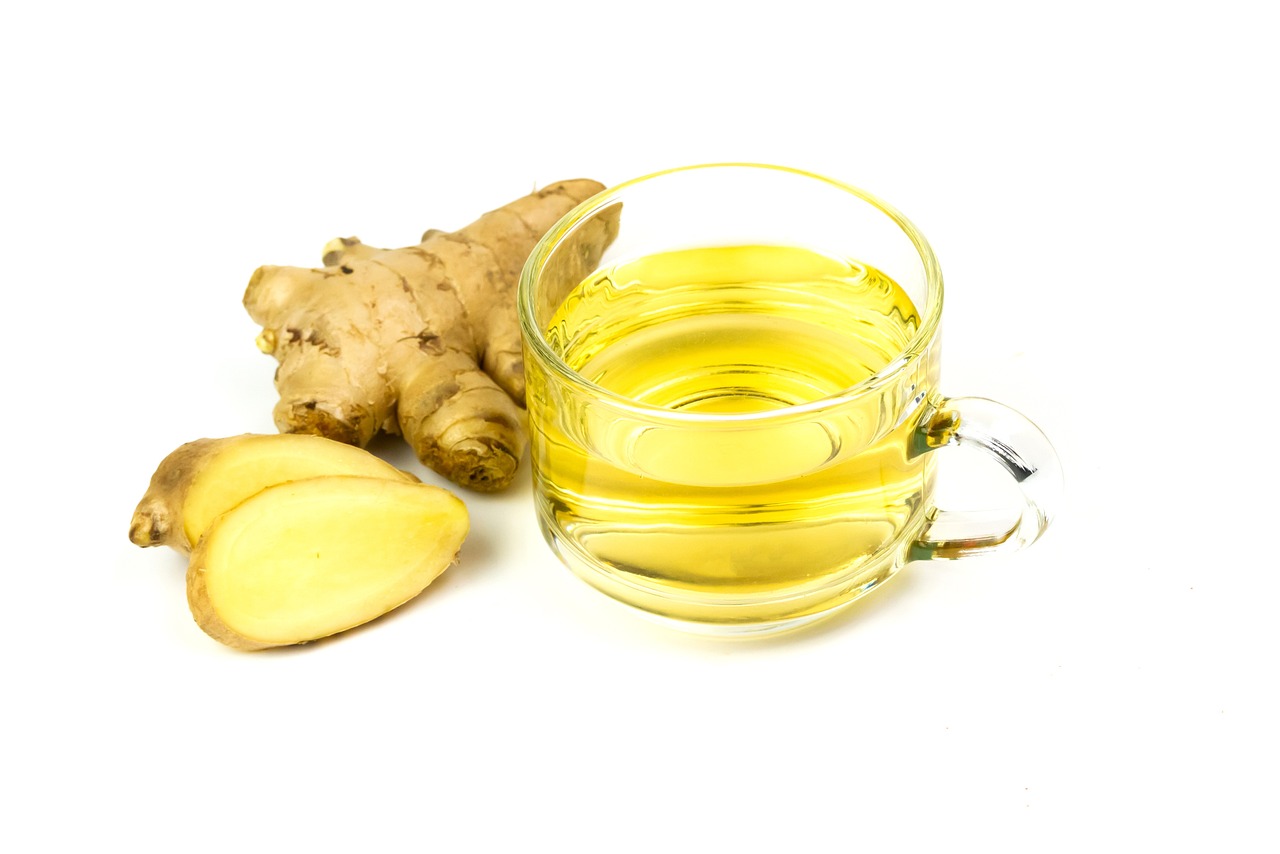 Image by Alongkorn Tengsamut from Pixabay
Image by Alongkorn Tengsamut from Pixabay
8. Quinoa
Quinoa is a gluten-free grain that's high in protein and fiber, helping to stabilize blood sugar levels and reduce cravings. It’s also rich in magnesium and iron, nutrients important for those with PMS. Adding quinoa to your diet can help keep you full longer and provide the energy needed to tackle the day. Its versatility makes it easy to incorporate into meals.
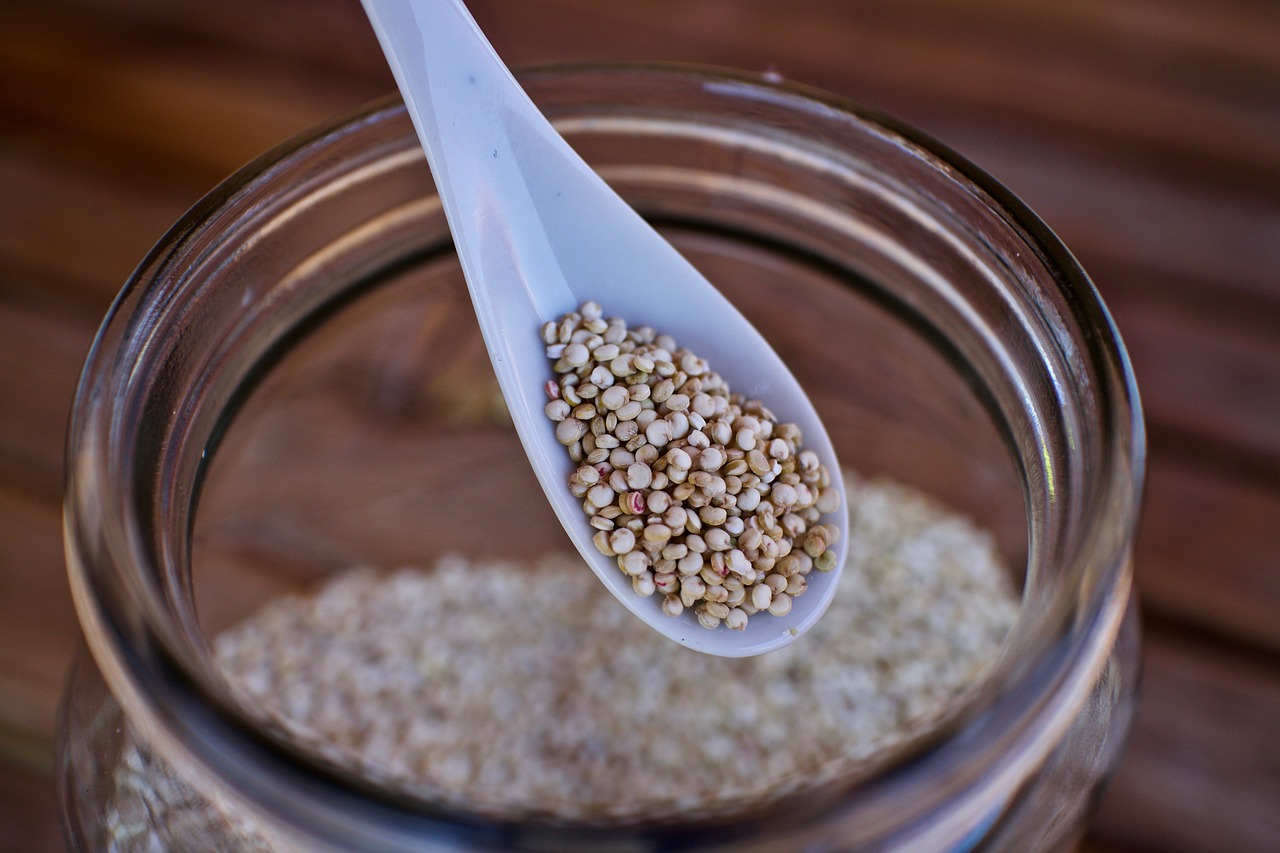 Image by Luisella Planeta LOVE PEACE 💛💙 from Pixabay
Image by Luisella Planeta LOVE PEACE 💛💙 from Pixabay
9. Watermelon
Watermelon is hydrating and can help with water retention and bloating thanks to its high water content. It’s also sweet, which can help with sugar cravings without the guilt. Watermelon is a good source of magnesium, which helps to relax muscles and ease cramps.
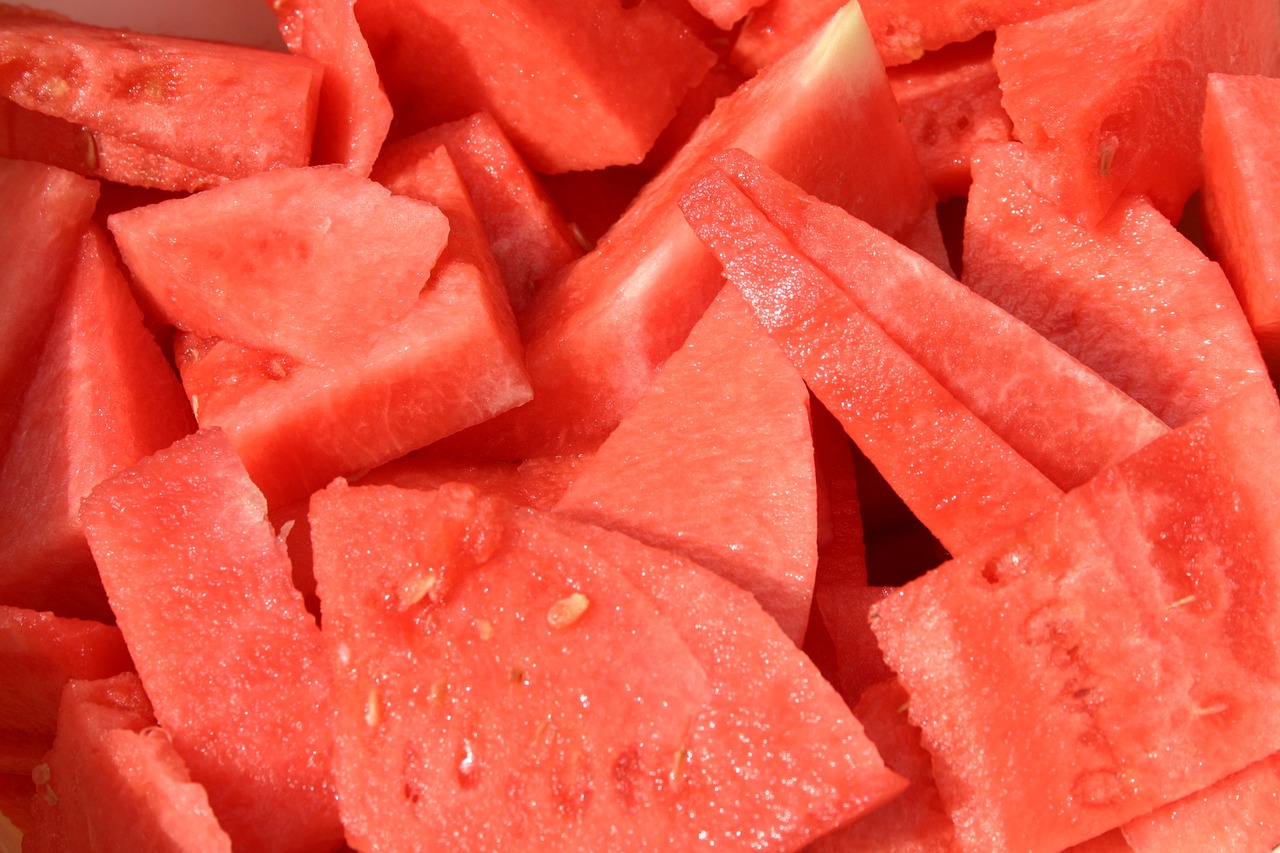 Image by Spudaitis from Pixabay
Image by Spudaitis from Pixabay
10. Eggs
Eggs are a great source of Vitamin D, B6, and E, which are all vitamins known to play a role in combating PMS symptoms. They're also rich in protein, helping you feel satiated. Incorporating eggs into your diet can support hormone balance and provide energy. They’re incredibly versatile, making them easy to include in any meal.
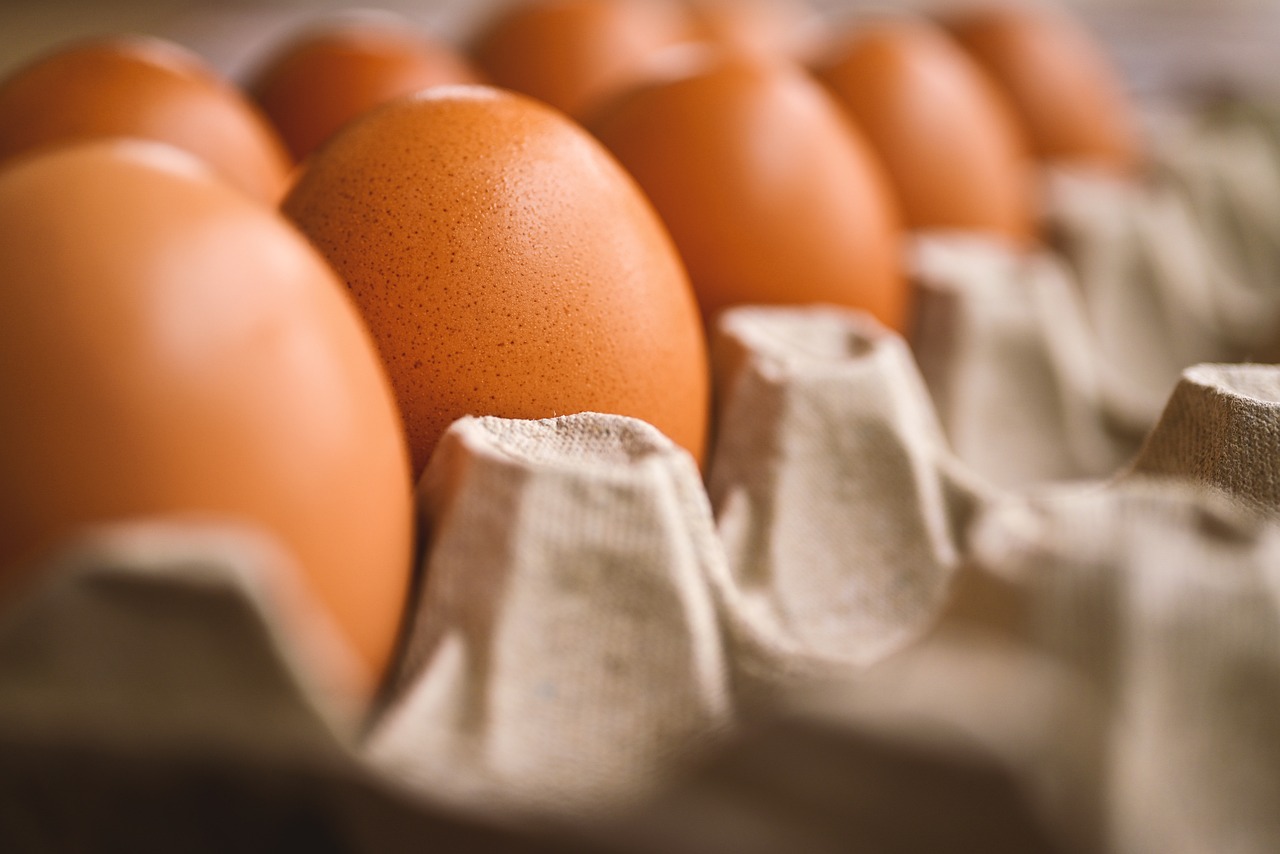 Image by Erika Varga from Pixabay
Image by Erika Varga from Pixabay
11. Avocado
Avocados are full of healthy fats, fiber, and potassium, all of which help manage PMS symptoms like bloating and cramps. The fats in avocado can also help improve mood and reduce irritability. Its creamy texture can be a great addition to smoothies, salads, or as a toast topping. Avocado also helps in the absorption of other nutrients.
12. Broccoli
Broccoli is high in fiber, which can help with digestive issues associated with PMS. It’s also rich in calcium and vitamin B6, nutrients that help reduce bloating and improve mood. Adding broccoli to your diet can help you feel fuller longer and reduce cravings. Its antioxidants also support overall health.
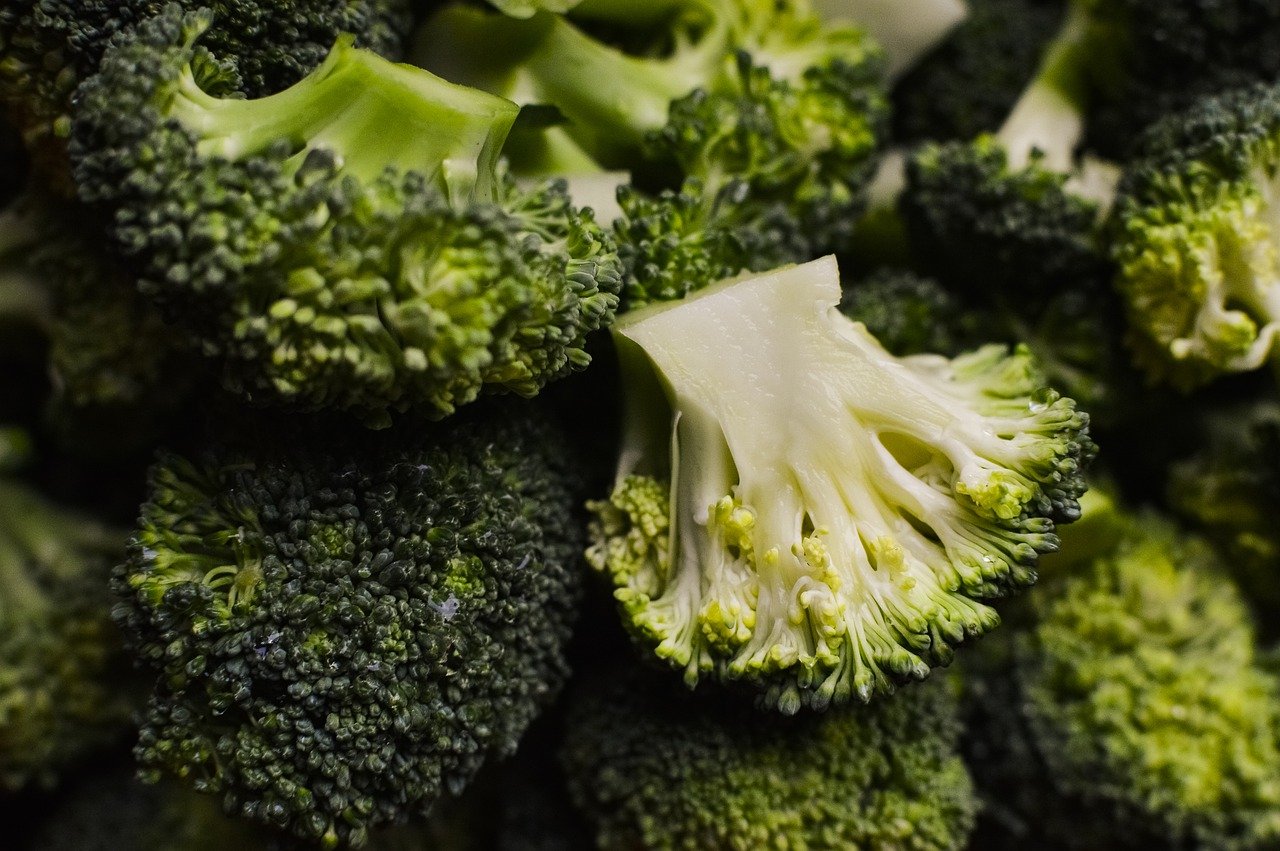 Image by Meszárcsek Gergely from Pixabay
Image by Meszárcsek Gergely from Pixabay
13. Chamomile Tea
Chamomile tea is known for its calming effects, which can be particularly beneficial for easing PMS-induced anxiety and stress. It may also help with sleep issues, allowing for better rest during this time. Drinking chamomile tea can be a soothing part of your evening routine. Its anti-inflammatory properties can also help reduce menstrual cramps.
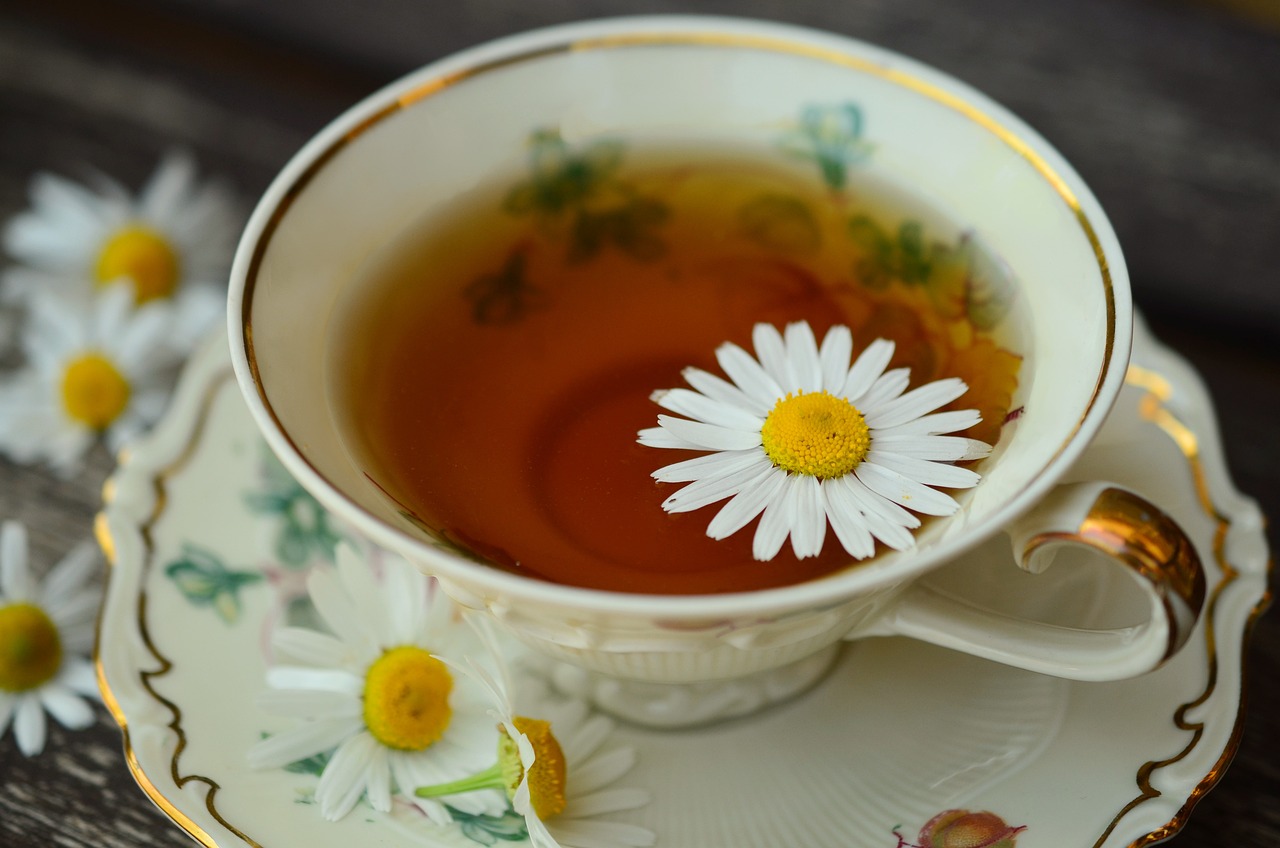 Image by congerdesign from Pixabay
Image by congerdesign from Pixabay
14. Whole Grains
Whole grains, like oats and brown rice, are rich in fiber and B vitamins. They help in maintaining a stable mood and energy levels by stabilizing blood sugar. Including whole grains in your diet can also aid in digestion, reducing the feeling of bloating. They’re a hearty base for meals, ensuring you stay satisfied.
15. Oranges
Oranges are not only a good source of hydration but also rich in vitamin C and potassium, which can help reduce bloating and improve mood. The natural sweetness of oranges can satisfy sugar cravings in a healthy way. They also provide a boost of energy, which is often needed during PMS. Enjoying an orange can be a refreshing snack.
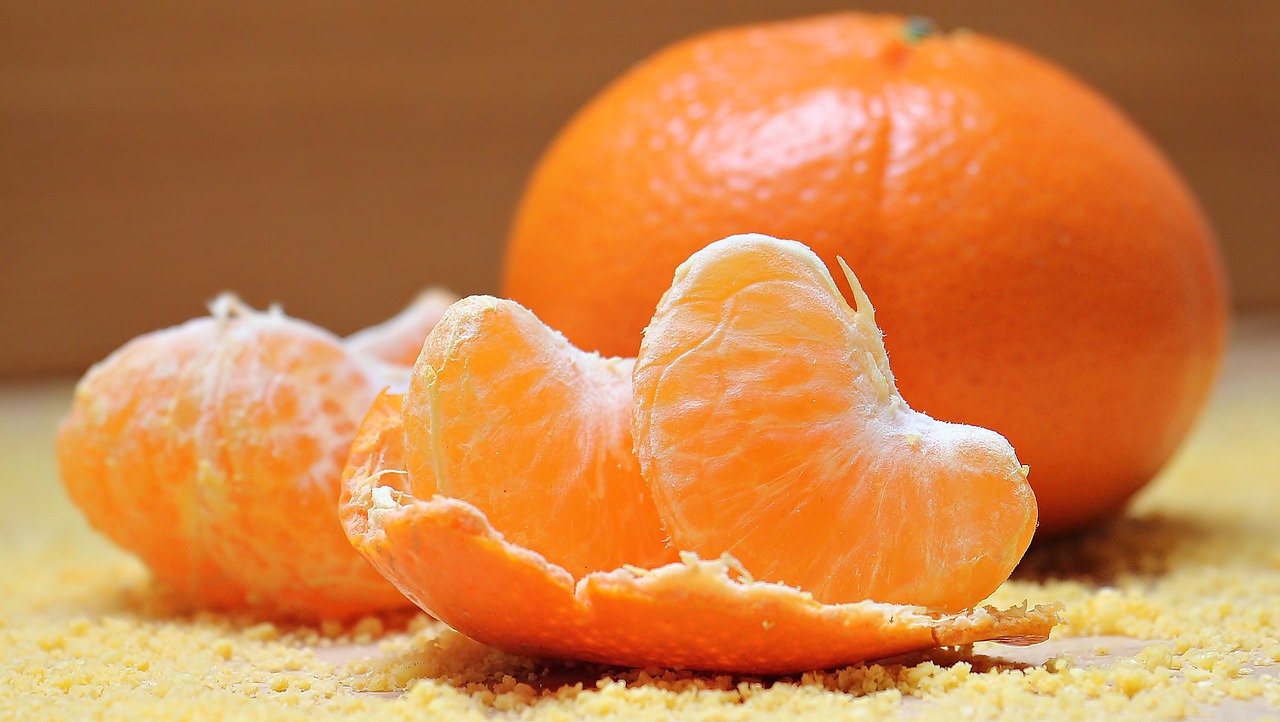 Image by NoName_13 from Pixabay
Image by NoName_13 from Pixabay
16. Tofu
Tofu is a great source of calcium and plant-based protein, making it an excellent food for managing PMS symptoms. It’s also rich in isoflavones, which can help regulate estrogen levels and reduce cramps. Incorporating tofu into your diet can provide a versatile protein source. It’s great in stir-fries, salads, or even smoothies.
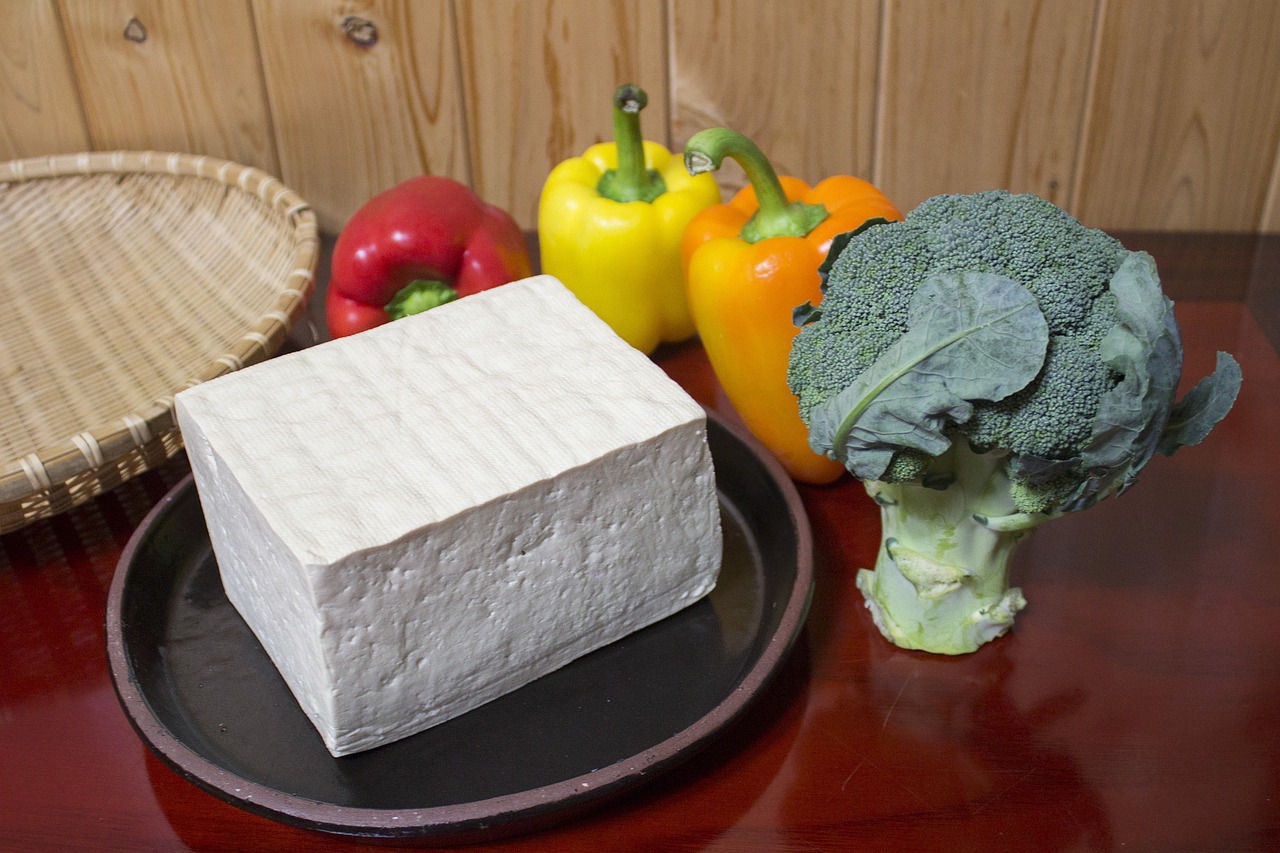 Image by hanul choi from Pixabay
Image by hanul choi from Pixabay
17. Walnuts
Walnuts are rich in omega-3 fatty acids, which can help reduce inflammation and improve mood. They’re also a good source of magnesium, aiding in muscle relaxation and cramp relief. Snacking on walnuts can be a healthy way to manage hunger and support brain health. Their crunchiness adds a satisfying texture to meals or snacks.
18. Peppermint Tea
Peppermint tea is known for its digestive benefits, helping to ease bloating and digestive discomfort. The cooling effect of peppermint can also provide relief from nausea and headaches. Drinking peppermint tea can be a refreshing way to hydrate and calm the body. It’s a soothing choice for easing PMS symptoms.
 Image by congerdesign from Pixabay
Image by congerdesign from Pixabay
19. Sweet Potatoes
Sweet potatoes are rich in vitamin A and potassium, which help combat bloating and support overall health. They're also a complex carbohydrate, providing a steady release of energy to combat fatigue. Incorporating sweet potatoes into your meals can satisfy carb cravings in a nutritious way. They’re delicious roasted, mashed, or as fries.
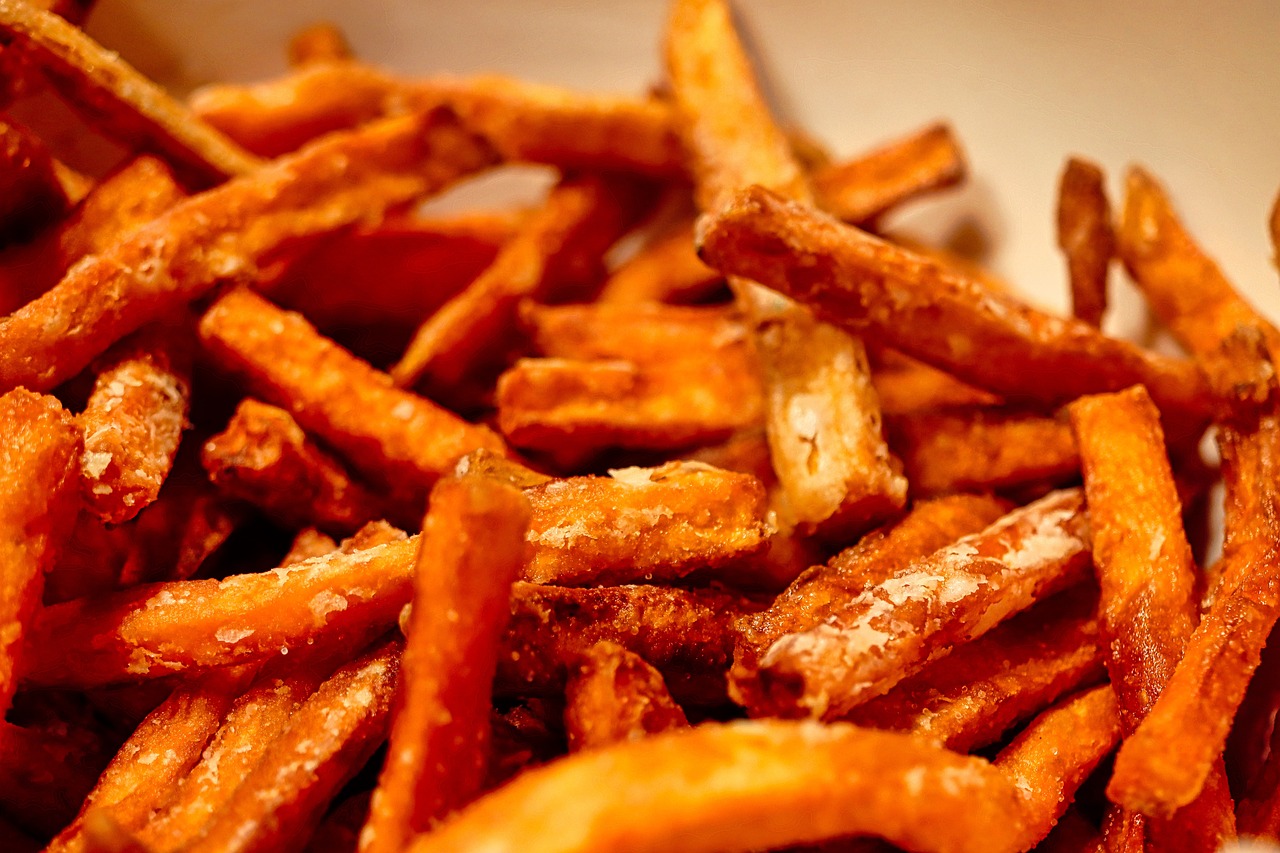 Image by Alexander Fox | PlaNet Fox from Pixabay
Image by Alexander Fox | PlaNet Fox from Pixabay
20. Leafy Greens
Leafy greens, such as kale and arugula, are high in calcium, magnesium, and iron, nutrients that are crucial for reducing PMS symptoms. They help in mood regulation, reducing water retention, and improving overall health. Adding leafy greens to your diet can be a simple way to increase nutrient intake. They’re great in salads, smoothies, or as a cooked side dish.
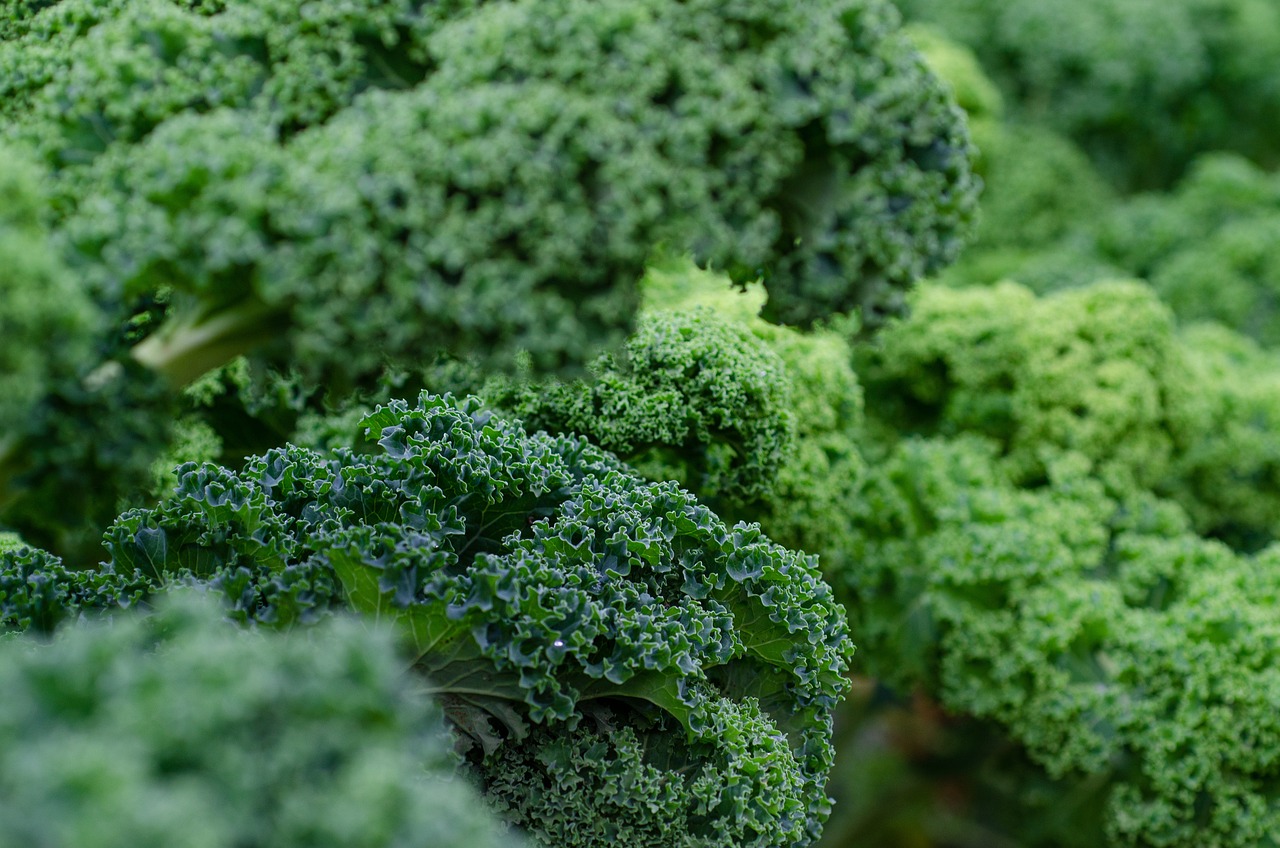 Image by Katharina N. from Pixabay
Image by Katharina N. from Pixabay
KEEP ON READING

20 Food-Related Art Projects



